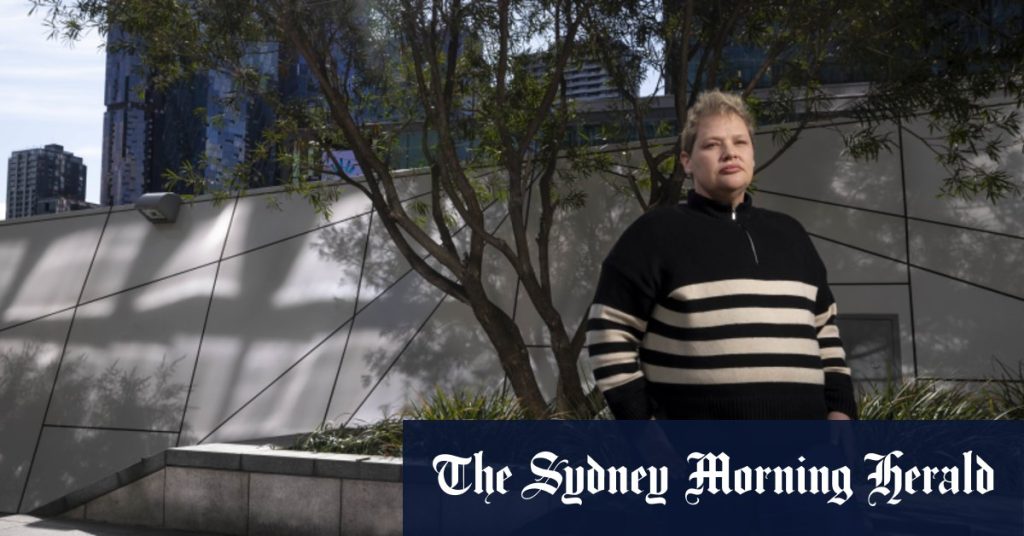Out-of-pocket hospital fees have increased by 7 per cent to an average of $437 in the year ending June 30, with a 39 per cent increase over the past five years. Patients awaiting medically necessary plastic and reconstructive surgery are facing the highest average out-of-pocket costs of any specialty, with an average cost of $1553. Lisa Pratt, who recently underwent a double mastectomy and reconstructive surgery after a BRCA2 diagnosis, had to pay $29,000 in out-of-pocket fees, which she funded through crowdfunding and savings. Another patient, Kuyl, is also facing high costs for her post-mastectomy breast reconstruction and has launched a crowdfunding campaign to help cover the expenses.
Federal Health Minister Mark Butler has noted that Medicare rebate increases in the past two years have been the largest ever, and called for the private health sector to do more to protect patients from high bills. David Goldsbury, a statistician, conducted a study of out-of-pocket costs for cancer patients in NSW, finding that one in 10 spent over $10,000 on healthcare in the year following diagnosis. Breast and prostate cancers were among the conditions with the highest costs. Cancer patients are also seeking help from financial counselors, with Cancer Council Victoria reporting a 79 per cent increase in demand for financial counseling services in the past year.
Private Healthcare Australia CEO Dr. Rachel David stated that health insurers work to negotiate “no gap” fee arrangements with private hospitals to prevent members from facing out-of-pocket costs. The Victorian government has acknowledged the challenges of waiting for planned surgeries and has implemented reforms to improve access to surgical care, including the opening of rapid access hubs and public surgical centers. Despite ongoing workforce challenges and increased demand, the government reported that the planned surgery waitlist has decreased to below pre-COVID levels and patients are receiving treatment faster across all categories.
Overall, the rising out-of-pocket costs for hospital fees and necessary surgeries, particularly for cancer patients, are causing financial strain for many individuals. The call for increased Medicare rebates and efforts from the private health sector to reduce costs is an important step in ensuring access to affordable healthcare for all Australians. With the demand for financial counseling services on the rise, it is evident that the hidden costs of healthcare can have a significant impact on patients and their families. The government’s efforts to improve access to surgical care through reforms and the opening of rapid access hubs are aimed at reducing wait times and ensuring timely treatment for patients in need.


